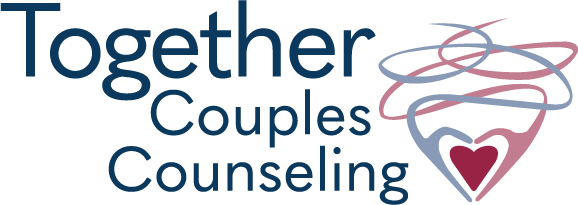Mental Health Awareness Month is an opportunity to spark a meaningful conversation about mental health, break down harmful stigmas, and offer support to those who need it. Mental health issues affect people of all ages, backgrounds, and walks of life. Whether it is anxiety, depression, or stress, mental health challenges are common, yet often misunderstood. This month, we focus on normalizing these conversations, shedding light on the impact mental health has on individuals and society.
Understanding the Stigma Surrounding Mental Health
One of the biggest barriers to seeking mental health support is stigma. Many individuals still feel ashamed or embarrassed to talk about their struggles, believing that doing so will lead to judgment or discrimination. This stigma can prevent people from reaching out for help or acknowledging their challenges, making it harder for them to get the support they need.
Raising awareness about mental health is crucial for changing these perceptions. When people understand that mental health conditions are just as valid as physical health conditions, the stigma begins to lessen. It is important to remember that no one should feel ashamed for needing help with their mental well-being. Like seeing a doctor for a physical illness, speaking to a mental health professional is a sign of strength, not weakness.
Further, increasing awareness of mental healthcare improves the chances for individuals and families living in poverty to gain access to therapy and counseling services. By raising awareness and advocating for policy changes, we can help ensure that affordable and accessible care becomes a reality for everyone. Community-based initiatives, sliding scale fees, and increased funding for mental health programs are just a few ways that increased awareness can directly lead to better access to care for those who might otherwise go without.
Why Mental Health Awareness Month Matters
Mental Health Awareness Month helps bring these issues to the forefront and provides a platform for educating the public. It encourages people to recognize that mental health is not something to ignore or hide, but something that needs attention, care, and respect. By raising awareness, we can encourage early intervention, promote healthy coping strategies, and build a supportive community where individuals can feel safe to talk about their experiences.
In addition to reducing stigma, this month reminds us that mental health affects everyone. It impacts not only the individuals who experience mental health challenges but also their families, friends, coworkers, and communities. By recognizing the importance of mental health, we open up a space where everyone can learn how to better support one another, whether that means lending an empathetic ear or encouraging a loved one to seek help.
Ways to Get Involved
There are several ways to get involved during Mental Health Awareness Month. First, educate yourself about different mental health conditions, their symptoms, and effective treatments. The more knowledge you gain, the better equipped you will be to offer support to others and challenge misconceptions.
Second, make it a point to talk openly about mental health with your friends, family, and coworkers. Even casual conversations can help normalize these topics and make it easier for others to share their experiences. Sharing resources on your social media can help too!
Lastly, consider supporting mental health organizations that work toward reducing stigma and providing resources to those in need. Donating to a cause, volunteering your time, or simply spreading awareness are all helpful ways to contribute.
Building a Supportive, Stigma-Free Future
Mental Health Awareness Month provides an essential opportunity to educate, challenge stigma, and create a supportive environment for those facing mental health challenges. As we raise awareness, we take a significant step toward building a future where mental health is prioritized, and everyone feels comfortable seeking the help they need. If you or someone you know is struggling, remember that help is available. Reaching out is the first step toward healing. Get in touch with our office to learn more about individual therapy and schedule your free consultation!






